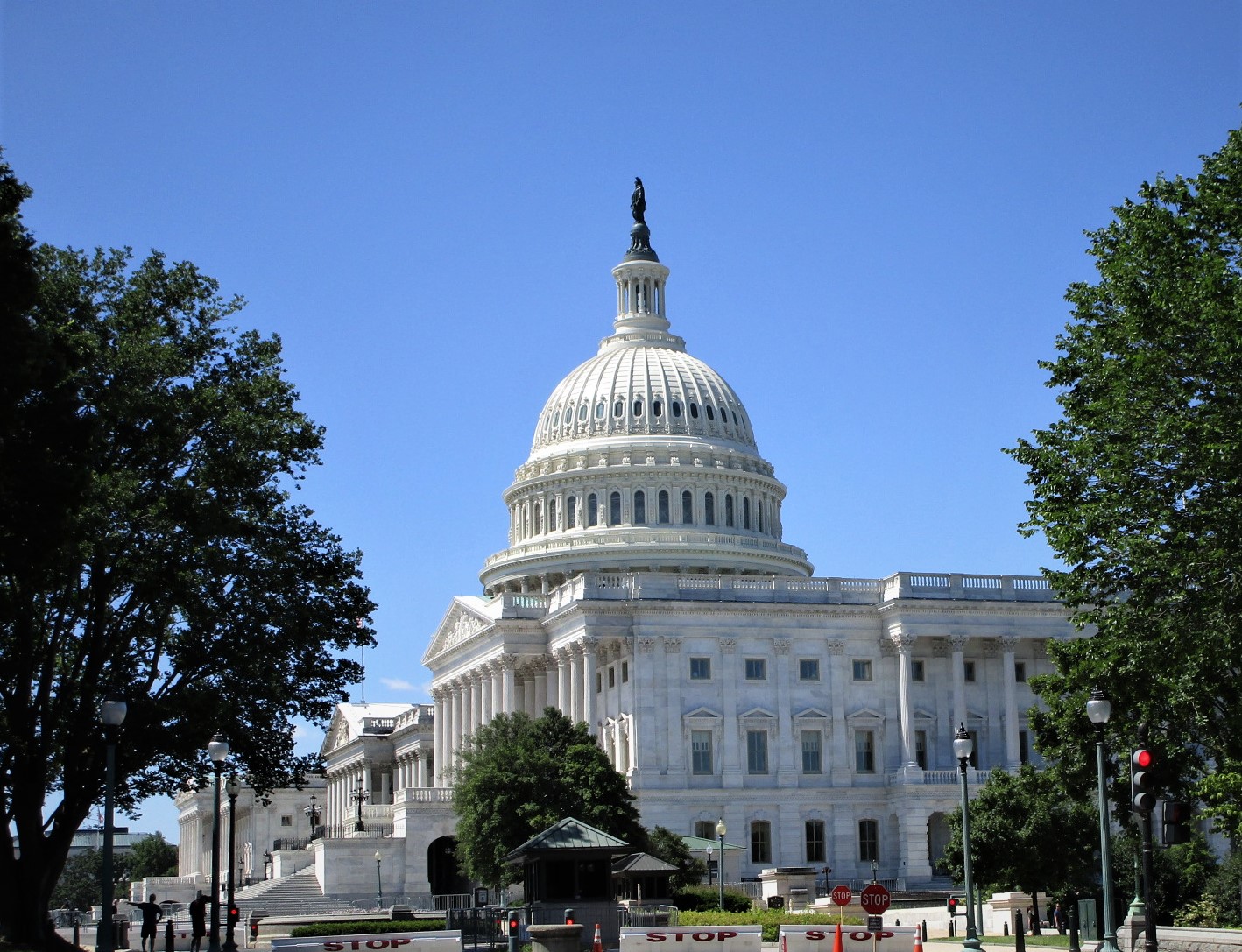House Expands Suspect Tech Ban
Among four communications bills that have passed chamber

The smarter way to stay on top of the multichannel video marketplace. Sign up below.
You are now subscribed
Your newsletter sign-up was successful
The House has passed four communications-related bills including one that would expand the ban on suspect tech. All four passed out of the House Energy & Commerce Committee last summer by voice vote, meaning none were controversial. They all must still be passed by the Senate to make it to President Joe Biden‘s desk.
The “Secure Equipment Act of 2021” (HR 3919) — sponsored by Reps. Steve Scalise (R-La.) and Anna Eshoo (D-Calif.) — would prevent the Federal Communications Commission from approving any wireless equipment authorization for a tech company on the list of companies that pose a national security risk. That list currently includes Chinese firms Huawei and ZTE.
The FCC, under its own initiative and with the direction of Congress in the Secure and Trusted Communications Act, published a list of tech suppliers deemed national security threats and prohibited the use of federal funds for telecom networks using that tech: the highest-profile companies on that list were Huawei and ZTE. Congress also funded the removal that suspect tech from existing government-funded buildouts.
Currently, the FCC is disallowing the use of technology from Huawei, ZTE, Hytera, Hikvision, and Dahua in U.S. broadband networks built out with government subsidy money. But the prohibition has not extended to networks not built with government bucks. This bill expands the ban by not allowing them to get FCC authorization for use in any U.S. network.
The degree to which keeping suspect tech out of those U.S. networks is a bipartisan priority was evident in the lopsided vote, which was 420-4.
The House also passed:
• H.R. 4067, the “Communications Security Advisory Act of 2021,” which would codify and make permanent the FCC‘s Communications Security, Reliability, and Interoperability Council and require biennial reporting to the FCC and public on how to improve communications network.
The smarter way to stay on top of the multichannel video marketplace. Sign up below.
• H.R. 4032, the “Open RAN Outreach Act,” which directs NTIA to reach out and help small network providers who want to offer Open-RAN (ORAN) networks and other open architectures.
• H.R. 4028, the “Information and Communication Technology Strategy Act,” which would direct the Secretary of Commerce to report to Congress on the state of the economic competitiveness of the trusted vendors the U.S. will rely on to replace the untrusted ones being weeded out of U.S. nets and how the government can help insure their competitiveness. China has helped insure the competitiveness of untrusted nets by subsidizing their tech giants.
All four of the bills advanced out of the Energy and Commerce Committee by a voice vote during a full committee markup in July.
The bills' passage brought bipartisan praise from the other side of the Hill. Sens. Ed Markey (D-Mass.) and Marco Rubio (R-Fla.), who introduced the Senate version of the Secure Equipment Act, applauded House passage and urged the Senate to follow suit.
“Today the House continued its work to strengthen our nation’s telecommunications infrastructure for the future by overwhelmingly passing four bipartisan bills,” the senators said in a statement. “Together, these bills will boost network reliability, protect against suspect equipment that poses a risk to our national security, support small communications network providers, and bolster the economic competitiveness of our technology supply chains. We commend the bipartisan work that went into these bills that advanced out of our committee in July and hope that the Senate will take action soon.”
Contributing editor John Eggerton has been an editor and/or writer on media regulation, legislation and policy for over four decades, including covering the FCC, FTC, Congress, the major media trade associations, and the federal courts. In addition to Multichannel News and Broadcasting + Cable, his work has appeared in Radio World, TV Technology, TV Fax, This Week in Consumer Electronics, Variety and the Encyclopedia Britannica.

